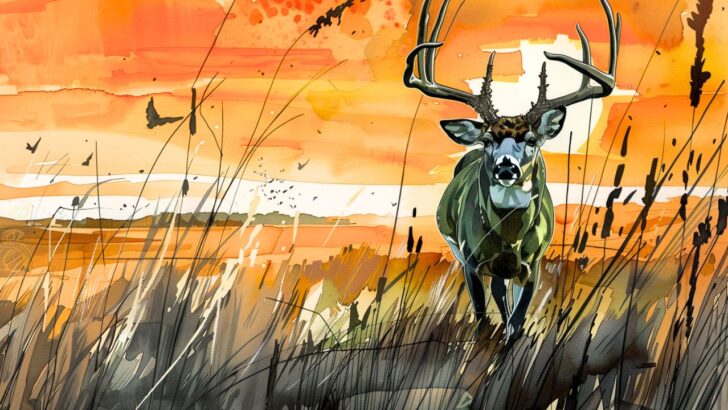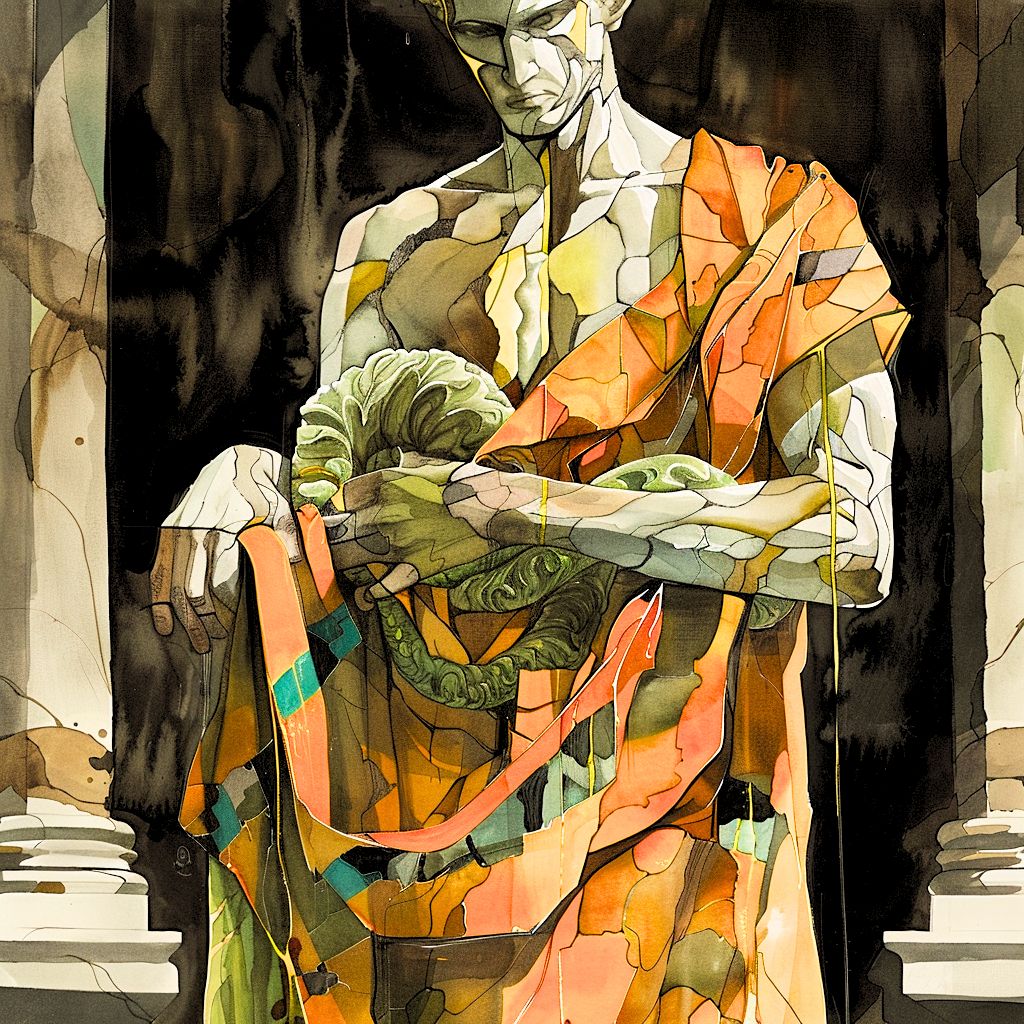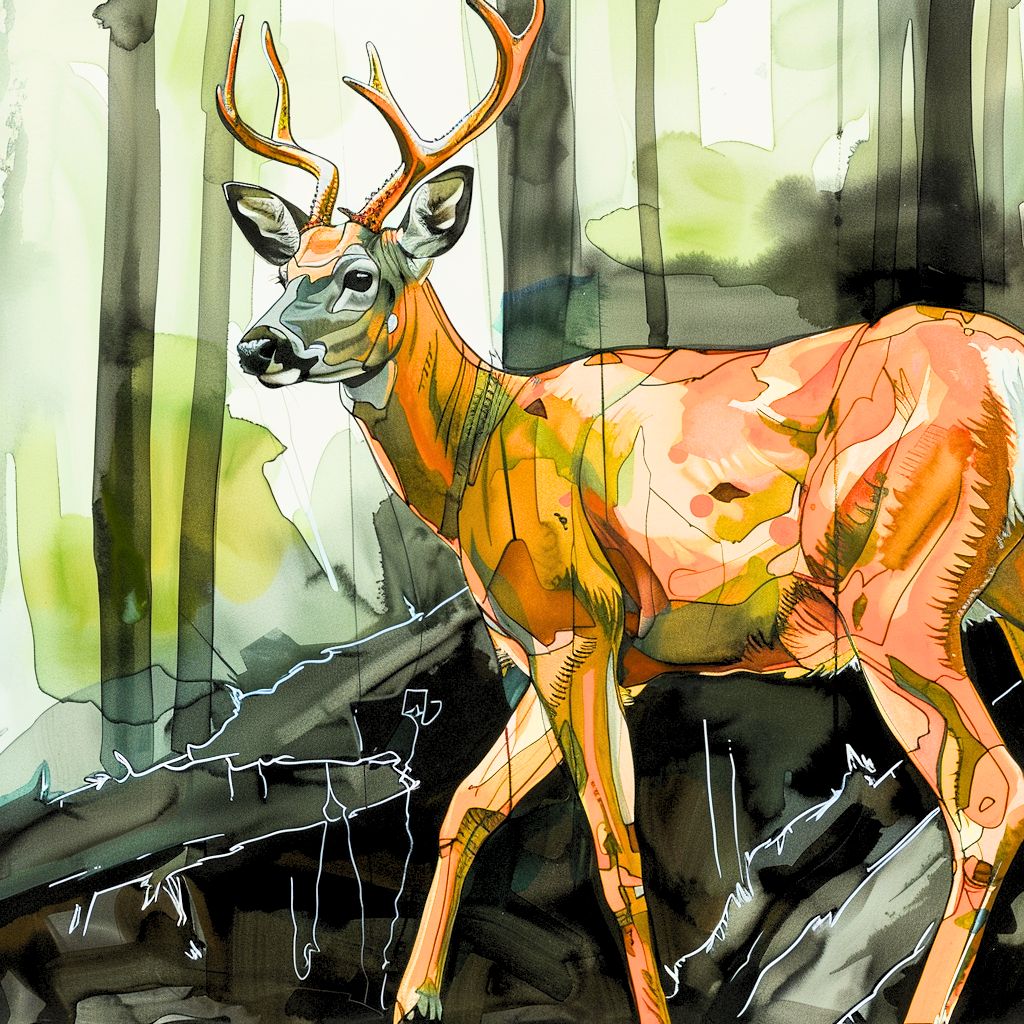Words are more than just a means of communication; they carry with them tales of history, culture, and fascinating transformations. In this article, we delve into the intriguing etymologies of nine words that have evolved over centuries.
From “nightmare,” rooted in ancient folklore, to “whiskey,” distilled from the Gaelic phrase for “water of life,” each word unveils a unique story of its origin and journey through languages and societies. Discover how these everyday terms hold extraordinary backstories that enrich our understanding of language and its evolution.
1. Nightmare
The word “nightmare” has a spooky and intriguing backstory that dates back to ancient folklore. Originally, it comes from the Old English word “mare,” which referred to a mythological demon or goblin that was believed to sit on people’s chests while they slept, suffocating them and causing terrible dreams. Imagine waking up in the middle of the night, feeling like a heavy weight is pressing down on you, and being convinced that an evil spirit is the culprit—that’s the kind of fear the term originally captured!
But wait, there’s more! The prefix “night” was added later on to distinguish these scary sleep experiences from other daytime troubles, turning “mare” into “nightmare.” So, instead of just a generic term for bad dreams, “nightmare” now specifically refers to those haunting, nocturnal disturbances.
Throughout history, people have had all sorts of explanations for these terrifying night visits. In medieval times, it was common to blame witches or demons. Today, we might talk about sleep paralysis or just a particularly vivid bad dream. But knowing that “nightmare” originally described an actual mythological creature adds a thrilling layer to the word.
Next time you wake up from a bad dream, remember the ancient goblin that might have been blamed for your restless night and be glad it’s just a figment of imagination!
2. Alcohol
The word “alcohol” has a rich and fascinating history that takes us on a journey through ancient science and language. The term we use today has its roots in the Arabic word “al-kuḥl,” which originally referred to a fine powder used as a cosmetic for the eyes (think of the smoky, kohl eyeliner popular in ancient and modern times).
This fine powder, kohl, was made by the process of sublimation, where a substance changes from solid to gas and then back to solid. This process was considered a form of purification. The word “al-kuḥl” comes from the Arabic root “kḥl,” meaning to stain or paint.
As this concept of purification caught on, “al-kuḥl” started to be used more broadly to refer to any substance that had been purified or distilled. This included the distilled spirits that we now commonly associate with the word “alcohol.”
Fast-forward to the medieval period, when European alchemists and scholars adopted and adapted the term. They began using “alcohol” to refer to any distilled substance, including ethanol, which is the type of alcohol we drink.
By the time the word became English, it had evolved to specifically denote the intoxicating liquid obtained by distillation. The term retained its essence of purity and concentration, reflecting the process of distillation that intensifies the alcohol content.
So, next time you raise a glass of your favorite drink, remember that you’re partaking in a tradition that spans centuries and cultures, all the way back to ancient Arabic alchemists and their quest for purification and transformation! Cheers to that fascinating history!
3. Clue
Ever wondered why we say we need a “clue” when we’re trying to solve a mystery? The origin of this word takes us straight into the heart of Greek mythology. The term “clue” actually comes from the Old English word “clew,” which meant a ball of yarn or thread.
Here’s where it gets interesting: this ball of thread saved the life of a famous Greek hero. In the myth of Theseus and the Minotaur, Theseus used a ball of yarn given to him by Ariadne to navigate the labyrinth. He unwound the thread as he ventured deeper into the maze to fight the Minotaur, and then followed it back to escape after his victory.
Over time, the word “clew” evolved in English. The concept of following a thread to solve a puzzle or find one’s way became metaphorical. By the 16th century, “clew” had transformed into “clue,” referring to anything that helps you solve a problem or unravel a mystery.
4. Hazard
The word “hazard” might make you think of danger and risk, but its origins lie in the world of medieval gambling! It all started with the Arabic word “al-zahr,” which means “the dice.” Dice games were incredibly popular and spread across Europe during the Middle Ages.
When the word entered Old French, it became “hasard,” still referring to the dice game. Playing dice involved a lot of luck and chance, which naturally came with the risk of losing. Over time, “hasard” began to take on the broader meaning of any risky venture or dangerous situation.
As the term entered the English language, it kept this broader meaning. By the time it was fully integrated, “hazard” referred to any source of potential danger or harm, not just in games but in everyday life.
This journey from a simple game of dice to a term for danger shows how words can evolve and expand their meanings over centuries.
5. Sarcasm
“Sarcasm” comes with a sharp edge, both in its meaning and its origins. The word traces back to the Greek verb “sarkazein,” which means “to tear flesh.” This vivid imagery perfectly captures the biting nature of sarcastic remarks, which can cut just as deeply as a physical wound.
In Greek, “sarkazein” comes from “sark-” (flesh) and “-azein” (a verb-forming suffix). The term was used metaphorically to describe speech that was harsh or cutting. Over time, this figurative use of “sarkazein” evolved into the Late Latin “sarcasmus” and then into French as “sarcasme.”
When “sarcasm” finally entered the English language in the 16th century, it retained its sharp, cutting connotation. It’s the kind of humor laced with irony and mockery intended to wound or criticize indirectly.
The evolution of “sarcasm” from a term meaning “to tear flesh” to our modern use as a form of witty, biting humor perfectly illustrates the word’s enduring power to “cut” with words.
6. Lemon
“Lemon” brings a tangy zest to our language, but its journey to English is quite a globe-trotting adventure. The word “lemon” originates from the Arabic “laymūn” or “limūn,” which in turn came from the Persian “limun.”
The lemon itself is believed to have originated in northeastern India, and as it made its way across the world through trade routes, so did the word. The fruit was introduced to the Arab world and Persia, where it became a staple in cuisine and medicine.
From Arabic, the term traveled to Old French as “limon” and eventually entered Middle English as “lemon.” By the time it reached English, the word had settled into its familiar form, referring to the bright, sour citrus fruit we all know.
This little fruit has not only flavored our food but also our language, leading to idioms like “when life gives you lemons, make lemonade.”
7. Whiskey
“Whiskey” is a word that pours out a rich history distilled from ancient languages. The term comes from the Gaelic word “uisce beatha,” which means “water of life.” This was a translation of the Latin phrase “aqua vitae,” a term used by early medieval monks to describe distilled spirits, believed to have medicinal properties.
In both Irish and Scottish Gaelic, “uisce” means “water” and “beatha” means “life.” When spoken in English-speaking regions, these words gradually morphed into the shorter and easier-to-pronounce “usquebaugh.” Over time, this was further shortened to “whisky” in Scotland and “whiskey” in Ireland and the United States.
The term “whiskey” embodies the transformation of this beloved spirit from its mystical, medicinal origins to its status as a globally cherished beverage. Whether you prefer it neat, on the rocks, or in a cocktail, the name “whiskey” carries a legacy of culture and history in every sip.
8. Tragedy
The word “tragedy” has a dramatic and somewhat surprising origin from ancient Greek theater. It comes from the Greek word “tragōidia,” which is a compound of “tragos” (meaning “goat”) and “ōidē” (meaning “song”).
Why goats and songs? In ancient Greece, theatrical performances were often part of religious festivals dedicated to Dionysus, the god of wine, fertility, and revelry. During these festivals, goats were commonly sacrificed, and the “goat song” was a choral hymn sung in honor of Dionysus. Over time, these performances evolved into dramatic plays that depicted human suffering and complex moral dilemmas.
The term “tragōidia” was used to describe these serious plays, which often featured noble characters facing dire consequences due to their own flaws or the whims of fate. As Greek culture and literature influenced the Romans and later European societies, the word “tragedy” was adopted into Latin as “tragoedia” and eventually into English.
Today, “tragedy” still conveys the essence of those ancient Greek performances—stories that delve into the depths of human experience, often with heartbreaking outcomes. From classical works of Aeschylus and Sophocles to modern interpretations, the “goat song” legacy lives on in every tragic tale.
9. Buck
The word “buck” has a straightforward yet fascinating origin that dates back to the days of trading and hunting in early America. “Buck” originally referred to a male deer, a term still widely used today. But how did it come to have other meanings?
In the early days of American colonization, deer hides, especially those of male deer (bucks), were a significant trade commodity. Native Americans and settlers used these hides as a form of currency in trading goods. A single deer hide was often called a “buck,” and this usage gradually became shorthand for a dollar.
The term “buck” also extends to the robust nature of the animal. Male deer, or bucks, are known for their strength and agility, which is why the term has been used to signify resilience and vigor in various contexts, such as “buck up” (to cheer up) or “pass the buck” (to evade responsibility).
So, whether you’re referring to currency, resilience, or the animal itself, the word “buck” carries a legacy of trade, toughness, and tradition, rooted in the practical realities of early American life.

Hey fellow Linguaholics! It’s me, Marcel. I am the proud owner of linguaholic.com. Languages have always been my passion and I have studied Linguistics, Computational Linguistics and Sinology at the University of Zurich. It is my utmost pleasure to share with all of you guys what I know about languages and linguistics in general.









